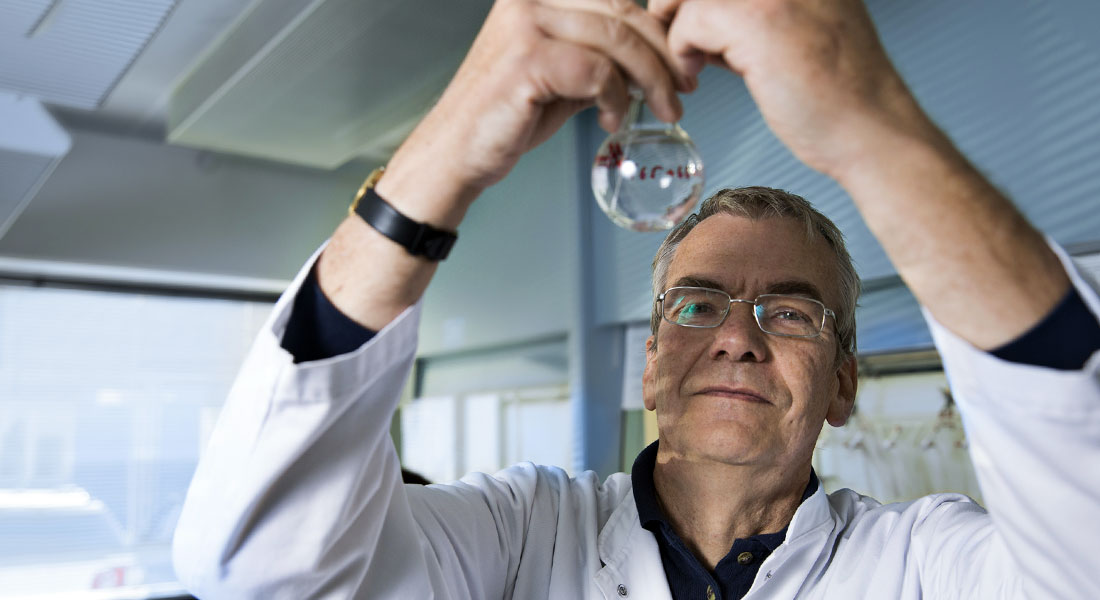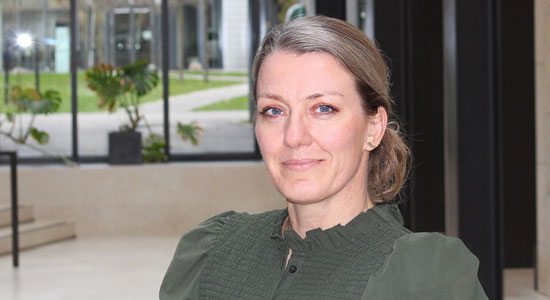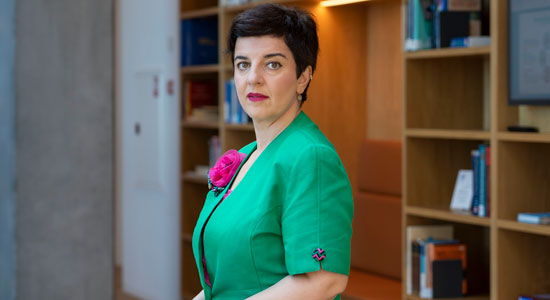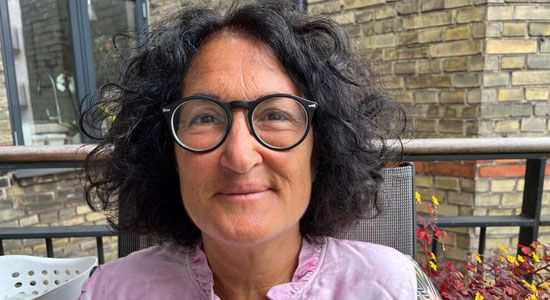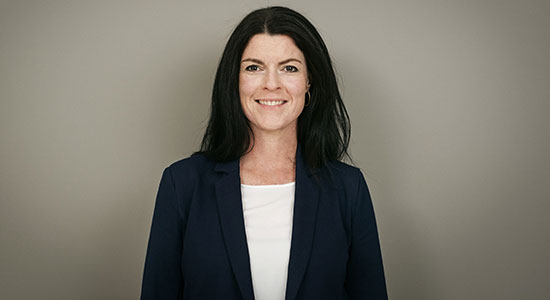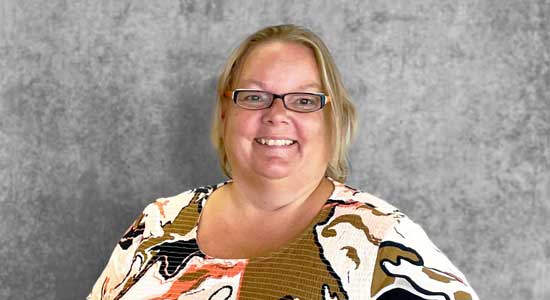Who is it for?
The Master of Industrial Drug Development is targeted at working professionals in the biotech, pharmaceutical, and medtech industries or in clinical research institutions.
The programme accommodates working professionals with backgrounds ranging from bachelor's, master's, to PhD degrees in various fields such as chemistry, biochemistry, pharmacy, medicine, biomedicine, human biology, molecular biology, veterinary sciences, nursing and engineering.
Key benefits
This programme gives you a full understanding of drug development and your role within it.
- Apply innovative approaches and insights derived from the newest research and best practice
- Optimise and develop collaboration across various specialist fields
- Support your career development opportunities in the life science industry
Overview
Understand the whole drug development process
Drug development is a long, complex process which requires the interaction of numerous specialist fields. The Master of Industrial Drug Development offers abilities to streamline the production of new medicines by an in-depth understanding of the disciplines involved, from early target identification and validation through safety and efficacy testing to market launch.Part-time study for working professionals
The Master of Industrial Drug Development is designed to fit into the busy schedule of working professionals. All courses are organised as short, intensive in-person courses and we announce all course dates well in advance.
You can enroll in one course, multiple courses, or the entire programme, depending on your needs and availability. If you opt to take a single course, you are welcome to return and pursue additional courses or the entire programme later.
The master's programme can be completed with part-time study in 2-6 years.
Flexible study
The programme is flexible and allows you to plan the courses in an order and at a pace that suits you best. It comprises a total of 60 ECTS credits. Each ECTS credit is equivalent to 27.5 hours of study, which includes preparation, course activity, and exam.
| Compulsory courses | 30 ECTS |
|---|---|
| Discovery and Development of Medicines | 5 ECTS |
| Drug Formulation and Delivery | 4 ECTS |
| Drug Discovery | 3 ECTS |
| Pharmacology | 2.5 ECTS |
| Process Development and Production of Active Pharmaceutical Ingredients (API) | 3 ECTS |
| Clinical Pharmacology and Biostatistics | 5 ECTS |
| QA QC GXP for Pharmaceutical Production | 2.5 ECTS |
| Drug Regulatory Affairs in Drug Development | 2.5 ECTS |
| Non-clinical Safety and Toxicology | 2.5 ECTS |
| Elective courses | 10-18 ECTS |
| Choose from a selection of courses | 10-18 ECTS |
| Master's project | 12-20 ECTS |
| Complete the programme with Master's project. | 12-20 ECTS |
Combining academic-based research with hands-on learning
The programme is developed in close collaboration with the life science industry and combines outstanding academic-based research with an extensive contribution from leading experts in the industry.
By combining research-based methods with hands-on learning in small groups, the participants' skills and knowledge are enhanced, directly benefiting their daily work practices.
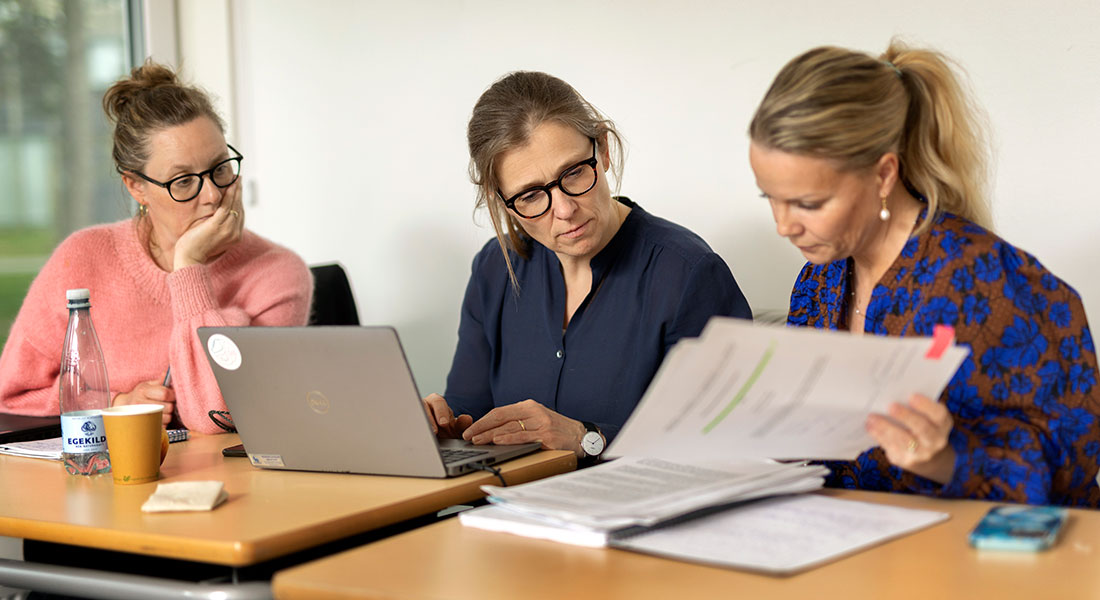
Elective courses
Click on the link below to view all elective courses offered in the Master of Industrial Drug Development programme.
Compulsory courses
To apply for a single course, and to view the full description and details, please click on the course.
Examination schedules

The faculty comprises leading experts, professors and researchers from both academia and industry. The teaching is based on world-class research conducted by the Department of Pharmacy and the Department of Drug Design and Pharmacology.
You can find more information about the teaching staff under each course description.
Head of studies
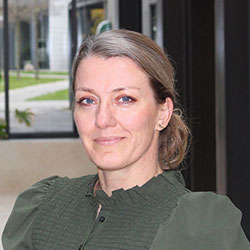
Now I know how much work is involved before, during, and after getting a new drug to market.
Master's programme
EU, EEA or Swiss citizens: From 218,950 DKK.Non-EU, non-EEA, or non-Swiss citizens: From 257,290 DKK.
The total programme tuition fee varies based on your selected elective courses. The fees for individual courses are listed in the course presentation.
Citizens from the EU, EEA, and Switzerland are eligible for reduced tuition fees according to EU legislation which explains the disparity in the tuition fees.
Tuition fees are charged per course. You can plan the sequence and the pace of your courses to suit you, and we will invoice you accordingly.
Funding
The University of Copenhagen does not offer grants or scholarships for the Master of Industrial Drug Development.
Gross Salary Scheme/Bruttolønsordning
You might consider financing parts of your tuition fees through the Gross Salary Scheme. A gross salary scheme is a tax advantage that allows you to include the tuition fee expense as part of your gross salary. In essence, the tuition fee will be deducted from your salary before taxes are applied.
If you are working in Denmark, you can learn more about the gross salary scheme (Bruttolønsordning) at the Danish Tax Agency:

Admission
The Master admits full programme students every year. You can apply for admission from 1 June to 1 November and studies begins in February.
Admission criteria
Qualifying degree
Applicants must possess a bachelor's degree, professional bachelor’s degree, diploma degree, master’s degree, or an equivalent qualification in disciplines such as chemistry, biochemistry, pharmacy, medicine, biomedicine, human biology, molecular biology, veterinary sciences, health sciences, nursing, engineering, or related fields.
Work experience
After completing the qualifying degree, you are required to have a minimum of two years of relevant work experience related to development of medicines.
English proficiency
You must have a standard of English equivalent to level B in Danish secondary education.
Admission criteria exemption
The admissions committee may consider applicants who do not possess one of the specified qualifying degrees if the applicant is deemed to possess comparable educational qualifications. Please note that the requirement of having two years of relevant work experience will not be exempted.
Collect documentation for your application
An official certified diploma and transcript of academic records, with stamp and signature from your home university.
In case the original documents are not available in one of the following languages: Danish, Swedish, Norwegian, English, German or French, you are required to upload a certified translation with the copy of the original document.
A CV with your relevant work experiences which clearly states workplaces, specific work periods and job responsibilities.
You can document your English language proficiency in one of the following ways:
Native English language
Native English speakers from the USA, Canada, Australia, New Zealand, UK or Ireland may submit a copy of the page of their passport that has their photograph as proof.
Diploma from a Nordic university
Nordic applicants can demonstrate their English proficiency by submitting a certified copy of a high school diploma proving that they have passed English level B or by submitting a certified copy of a bachelor's or master’s diploma from a Nordic university.
Degree from an English speaking country
Applicants who have earned a bachelor’s or master’s degree from the USA, Canada, Australia, New Zealand, UK or Ireland can demonstrate their English proficiency by submitting a certified copy of their degree certificate if their degree was taught in English. A semester or year spent on a student exchange programme is not sufficient.
English working language
Applicants working in companies with English as the official working language can demonstrate their English proficiency by submitting a letter from their employer, on official headed paper, stating that their working language is English.
English language proficiency test
Applicants can demonstrate their English proficiency if they have passed a recognised English language proficiency test with an adequate score. We accept the following tests:
|
Name of test |
Minimum score |
Information required for online check of test |
|
IETLS (academic) IELTS Home Edition |
6.5 (overall test score) 6.5 (overall test score) Only overall score will be considered. |
TRF Number (Test Report Form Number) |
|
TOEFL
(MyBest Scores are not accepted) |
83 83 560 |
Registration number |
|
Cambridge Advanced (CAE) |
Passed at level C1 or C2 |
ID-number and Secret Number |
|
Cambridge Proficiency |
Passed at level C1 or C2 |
ID-number and Secret Number |
ELTS and TOEFL tests older than 2 years will not be accepted (counted from the programme application deadline). The Cambridge Assessment English may have been gained at any time.
A copy of your passport (photo page) is required for non-Danish citizens. If you are a non-EU/EEA citizen with a permanent Danish residence permit, a copy of this permit must be uploaded.
Please check whether you require a visa to enter Denmark by consulting the list from the Danish Immigration Service:
If you are admitted to the programme and require a visa, we will assist you in the application process. Please note that the visa application can only begin upon receipt of the initial tuition fee instalment.
Also note, that acceptance into a part-time study programme does not entitle you to a residence permit in Denmark. For additional details, please contact the Danish Immigration Service:
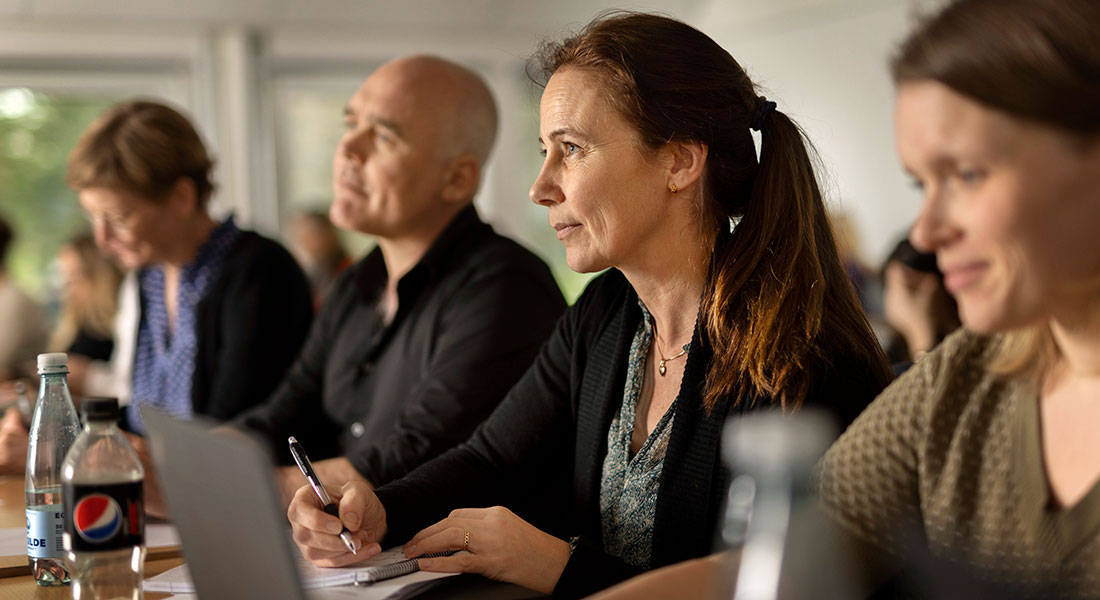
Guidance and admission
Annette Villumsen
Study Administration Officer
master@sund.ku.dk
Tel.: +45 35 33 60 66
Master of Industrial Drug Development
Continuing Professional Development
Faculty of Health and Medical Sciences
University of Copenhagen
Blegdamsvej 3B
2200 Copenhagen N - Denmark

